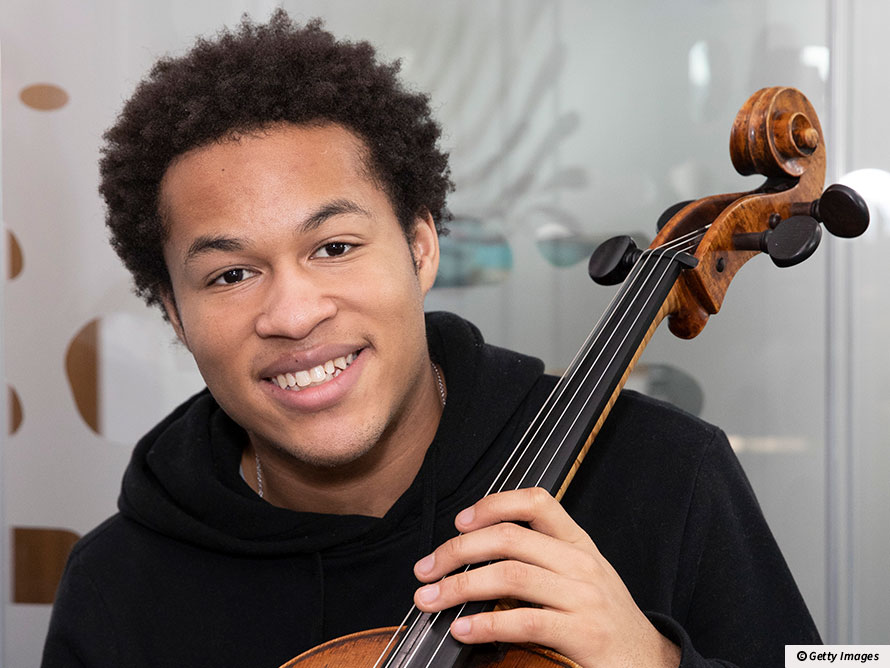Should traditions be preserved? Once again critics are calling for an overhaul of the “traditional” programme for the Last Night of the Proms. But what are traditions anyway?
‘Swap Rule Britannia for British folk music!’
 Maestro: Cellist Sheku Kanneh-Mason won the 2016 BBC Young Musician award.
Maestro: Cellist Sheku Kanneh-Mason won the 2016 BBC Young Musician award. Glossary
Last Night of the Proms - An eight-week season of daily orchestral concerts held in London every summer.
Tradition - A custom or event that has been taking place for many years, often passed down from generation to generation.
Colonialism - This refers not only to the material realities of colonial rule, but also to the mindset of the colonising powers and their ways of justifying empire. Most Europeans believed that empire was a moral good, because it imparted 'civilisation' to 'primitive' cultures and so helped them to develop.
Slavery - When people are owned by others, and often forced to work without pay.
Judo - A modern Japanese martial art.
Martial arts - Sports that emerged as a form of fighting or defending yourself, often in Japan, China or Korea.
Imperial - Relating to an empire.
Descendants - People who are all descended from a certain ancestor or group. E.g. your children and grandchildren would be your descendants.
Multicultural - Including many different cultures or nationalities.
